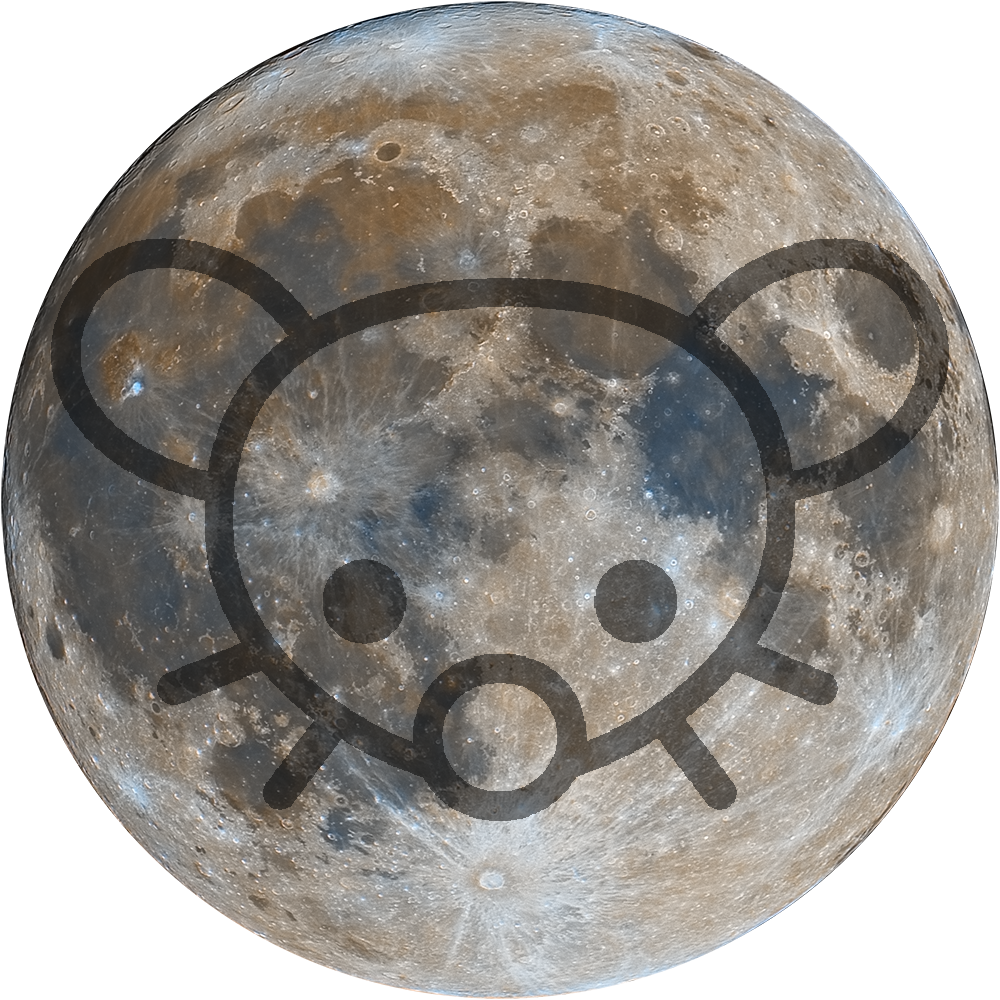We got extremely lucky and got a tiny window of cloudless sky in an never ending sequence of cloudy nights. Also the conditions were a nightmare with severe light pollution and lights shining directly at our equipment.
- Samyang 135mm f2.0
- Fuji X-T5
- 158 x 5s
- ISO 125
- @f2.8
And maybe somebody here can explain to us what the ionized gas is that 'shoots out‘ in front of the comet?
Also do the colours seem to be correct? We tried our best at background extraction and maintaining the true colour, but the raw data was of poor quality. From images of other comets the dust tails normally seems to have a yellow/orange colour and only the plasma tail is blue.
Edit: found the answer to the Anti-tail. It shows the trail of dust were the comet has traveled, which appears to come out at the opposing side because of earths angle relative to the comet and sun.


Ah ok, so I assumed you registered all your light frames onto your stars as your stars look very sharp. And that’s the normal way for every astro image you would normally do. A comet however moves so fast that its position changes even in the short time frame were you took the images.
So after registering all the images with the stars pattern you want to make a second registration were you mark the position of the comet on the first frame and on the last frame. With that now all images are aligned onto the comet and now the stars appear to move in the background. As your stars look so sharp I assumed you didn’t make the second registration. In DSS there is a comet mode for that but I haven’t worked with that so I can’t tell you about the workflow with that program.
Hope that helped in any way!
Oh nah, I did try my best to focus on the stars. They look bright in the photo because I removed the background and cranked up the contrast after stacking in Affinity. It was almost a flat grey image after stacking and before I photoshopped it. Maybe I did fuck up somewhere in the process haha.
I only ran through the stacking process once, never encountered a setting/dialogue which told me to select where the comet was. Maybe I’ll play around the program a bit and see some tutorials. There’s no way for me to take comet pictures again where I’m at. Cloudy skies these days 🫤